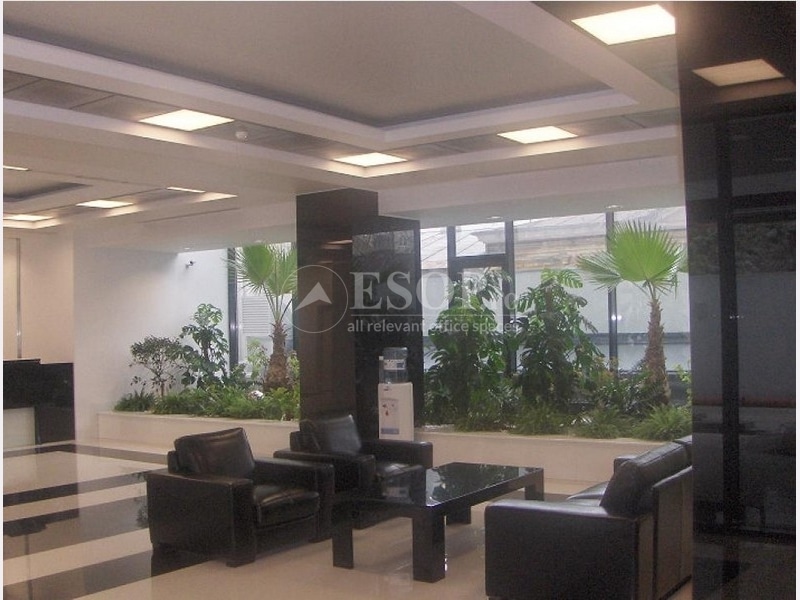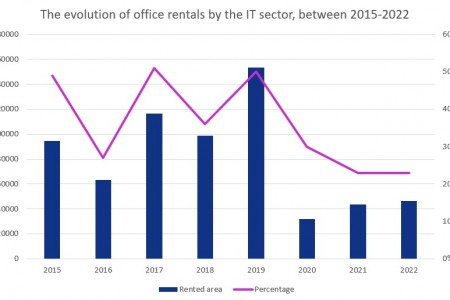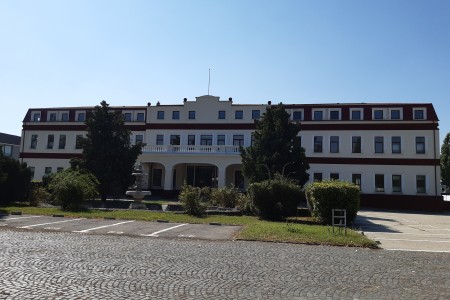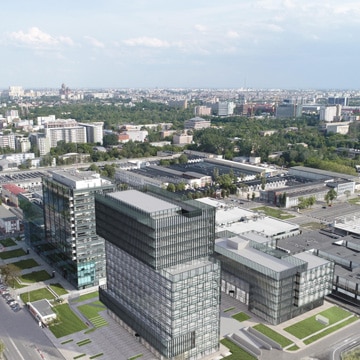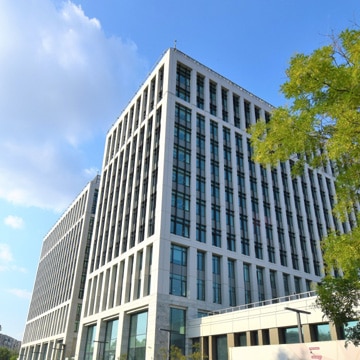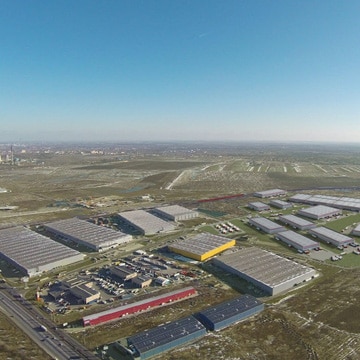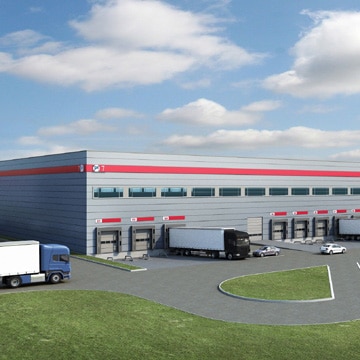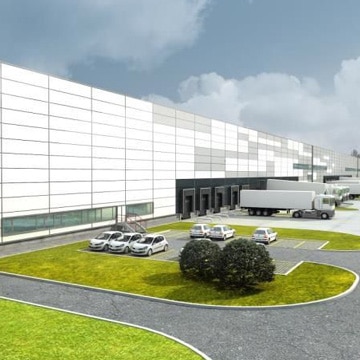The office market for SMEs is growing in 2004
The office space market for SMEs was very dynamic in 2003, and we believe that this trend will continue in 2004, confirming the real growth of the Romanian economy and the direct influence on the development of SMEs.
Retrospective 2003
Demand The office market for SMEs registered a significant increase in demand in 2003, a trend that will continue in 2004, becoming an increasingly established and mature market. We notice Romanian companies that consolidate their position on the market and register yearly increase of turnover and personnel, which leads to the need to find adequate office spaces.
There are two relevant aspects that we noticed in 2003:
- the Romanian software industry is in full expansion; approximately 35% of ESOP-mediated transactions in 2003 featured software companies;
- increasing interest for Romania of small and medium companies in the European Union, companies that have requested ESOP consultancy for the opening of offices in Bucharest.
In 2003, ESOP mediated two of the most significant transactions on the SME office space market:
- relocation of the software company with full Romanian capital, Unidec Computer Systems, which leased 1,400 sq m in the Ayash Office Building;
- relocation of the media company News Outdoor Romania, which rented 670 sqm in Aston Business Center.
The significant development of mortgage lending in 2003 did not have a considerable influence on the office market for SMEs.
The main reasons recorded by ESOP are:
- most SMEs in Romania are in the period of capitalization, infrastructure development, number of employees;
- there is still a significant fluctuation of the office space required for SMEs in this development phase;
- there is no structured secondary mortgage market.
Offer
2003 was the year in which the real estate market went from USD to EURO, and any change brought a period of fluctuating rents. If at the beginning of 2003 the lease of offices for SMEs was 10-14 USD / sqm, the transition of the NBR to the EURO reference currency from February 2003 led to an artificial increase of rents of 10-25%. The owners changed the rent level from USD to EURO without taking into account the EURO-USD parity, which in 2003 reached values of 1 to 1.25.
Therefore, for several months, the volume of transactions decreased. However, the situation was temporary. At the end of 2003, although more than 80% of the owners requested the rents in EURO, the EURO-USD parity was much more realistic. The rent level was 9-12 EURO/sqm.
The year 2003 registered an imbalance between the growing demand and the supply, which did not register a development, which represents an opportunity for those who choose to invest in office spaces for SMEs. In 2003, villas and apartments in renovated villas located in the central and northern areas of Bucharest were viable alternatives to office buildings for SMEs (for the time being, in small numbers in Bucharest). Thus, more and more private investors are oriented towards this type of investment and offer medium companies an acceptable quality/price ratio. The most common rents that are found in this market segment are between 8-11 EURO/sqm.
The office market for SMEs is growing in 2004 ESOP estimates an increase in the office market for SMEs in 2004, primarily as both at government and the level of European Community institutions and investment funds and banks finds in progress programs for the development of SMEs and the middle class in Romania.
The European Union recognizes the key role of SMEs in the functioning of market economies driven by private investment. There are 18 million companies across the EU, of which over 99% are SMEs that employ 66% of the workforce and provide 55% of the Union’s turnover. SMEs provide more than half of the jobs in Romania. They have a contribution of over 40% of the gross domestic product of our country. Several financial institutions, among which we mention the EBRD and Alpha Bank, support the development of this sector in Romania through financing programs. “We are here to show our commitment to SMEs,” said Salvatore Candido, EBRD director for Romania.
Demand will continue to grow amid sustained economic growth, which the government expects for 2004. SMEs will continue to be interested in renting office space, buying them, even through mortgages, without being a popular option in 2004.
Rental forecasts in 2004:
- Business centers class A 16 – 18 EURO / sqm;
- Business centers class B 12 – 15 EURO / sqm;
- Business centers class C 8 – 11 EURO / sqm;
- Villas and apartments in renovated villas 8 – 12 EURO / sqm;
- apartments in blocks 3 – 5 EURO / sqm.
Most SMEs will require areas between 100-400 sqm, and the budgets will continue to be around 9-12 EURO/sqm. As long as there are not too many options in office buildings, SMEs will try to find the best options in new or renovated villas. In 2004, and the following years will be investment opportunities in offices for SMEs, whether it will be in business centers or renovated villas.
The areas preferred by SMEs are the central areas, the North and even the semi-central areas if one important aspect is taken into account: good connection to public transport and civilized neighborhoods.
Available business centers for SMEs:
- Floreasca BC 120 – 920 sqm;
- Aviatiei BC 140 – 600 sqm;
- Baneasa BC 150 – 1500 sqm;
- 13 Septembrie BC 200 -1300 sqm;
- Calea Calarasi BC 200 – 800 sqm;
- Nord Office Center 200 – 800 sqm;
- Buzesti BC 250 – 1000 sqm;
- Floreasca BC 300 -400 sqm;
- Expozitiei BC 300 – 1600 sqm;
- Timisoara BC 300 – 600 sqm;
- Foisorul de foc 500 -4000 sqm;
- Romana BC 700 mp;
- Splaiul Independentei BC 700 -1000 sqm.
To develop, the SME sector needs, in addition to direct investments and government programs, a specialized real estate market that provides systematized information. That is why ESOP, the first real estate agency specialized in renting offices for SMEs, is taking steps to structure this market segment. We believe in the future of SMEs, and we support the point of view expressed by Mr. Paul Andre Michaud, partner at Deloitte & Touche, who states that in Romania, as everywhere in the world, the future will belong to small and medium-sized companies, because they are more dynamic and motivated.
